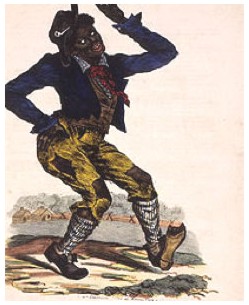|
Today's Goal: Understand the historical context of the Voting Rights Act of 1965
Starter 9 (10 min) Did you email me the link to your DP??! To what extent do you think these quotes apply to United States history AND modern times? "A democratic system rests ultimately on the belief that each man is the best judge of his own interests and that he should have, through the ballot box, a voice in choosing those who govern him.” "Voting is the fundamental political right of citizens in a democracy. The right to vote is the right to influence officials and policy. To be denied the vote is to be denied the guarantee that one's interest will be taken into account when policy is made. There is no justifiable test of property, race, color, national origin, religion, or education for disenfranchising one class of citizens." --Evron M. Kirkpatrick Member, President's Commission on Registration and Voting Participation Agenda Pair-Share starter responses *Transition to Historical Context on the Voting Rights Act* Intro: We are launching into a case study on Voting Rights with specific focus on the Voting Rights Act of 1965 in order to better understand how the three branches of government apply to a piece of legislation. Today, we’re going to learn about the historical context that led to the VRA of 1965! Yeeeeeeehaw for eradicating historical amnesia and becoming an informed populace!
As a result of Rice's fame, the term Jim Crow had become a pejorative meaning African American by 1838 and from this the laws of racial segregation became known as Jim Crow laws. 6. Jim Crow era and Voting Discrimination Research and Response time
7. Class discussion: What surprised you or evoked the most emotion about the timeline and voting discrimination website? Comments are closed.
|
Ashley CarruthHumanities teacher at Animas High School Archives
May 2021
Categories |

 RSS Feed
RSS Feed
